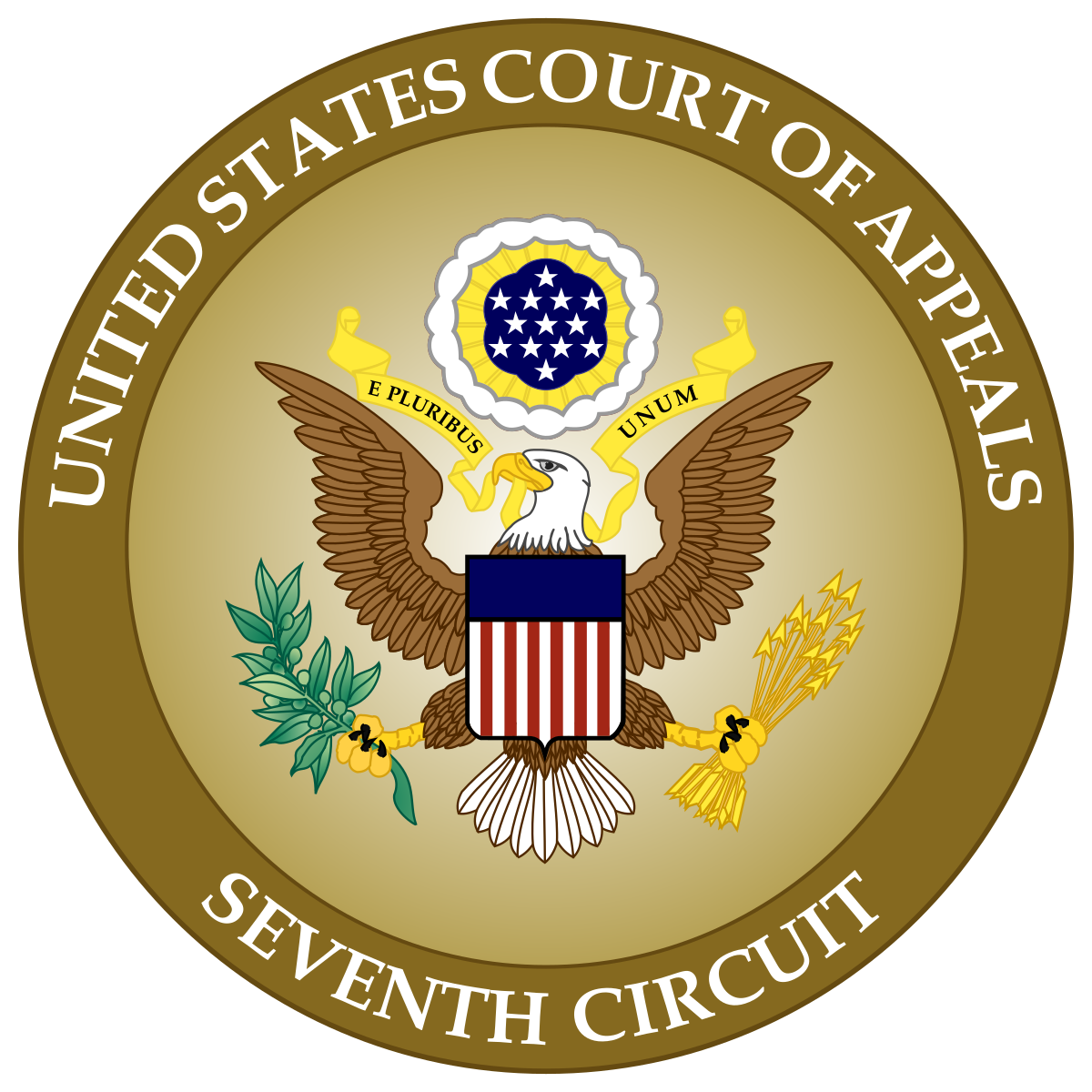Originally published on Forbes.com Sept 11th, 2014
Last November Judge Barbara Crabb ruled that exempting cash housing allowances to “ministers of the gospel” (Code Section 107(2)) from federal income tax was unconstitutional under the First Amendment’s religious establishment clause. The Seventh Circuit heard oral arguments in the governments appeal of the decision in favor of the Freedom From Religion Foundation’s victory in the case on Tuesday. If you’ve got half an hour to spare you can listen to the oral arguments here. I have to warn you though. This is the first time that I have ever listened to oral arguments. I’ve read thousands of court decisions and they generally seem to be well reasoned and well written. Listening to oral arguments for the first time is like stepping inside the sausage factory and having a look-see.
Standing
Judith Hagley of the Justice Department led off. She started with the standing issue, which seems to be the number one defense to tax benefits of dubious constitutionality. The idea is that you only get to litigate about your own taxes, not somebody else’s. FFRF went to some trouble to establish standing by paying their officers housing allowances. The officers did not, however, request refunds from the IRS. One of the judges cut in at this point and asked “Why they should be required to engage in a futile action in order to bring a challenge?” Ms. Hagley started citing cases that indicated a personal denial is necessary to have standing.
Ms. Hagley went on to state that it was an “issue of first impression” as to whether any atheist could qualify under 107. I became very sad at this point, because it is clear that they have not been reading my posts. Many Unitarian Universalist ministers, some serving parishes founded in the seventeenth century, are atheists and the UUA is on at least one of the amicus briefs supporting the exclusion, much to my chagrin.
As they discussed the standing issue, I got the impression that Ms. Hagley and the judges think that the IRS is a lot more on the ball than it actually is. Ms. Hagley indicated was that all the FFRF officers had to do was file an administrative claim in which they indicated that they knew they didn’t qualify for the exclusion which constituted unequal treatment.
One of the judges raised the question of whether there was a realistic possibility that the IRS would allow the claim. Ms. Hagley thought not since the officers were not actually atheist ministers in an atheist church, which sent them down the atheist path with one judge saying that he didn’t know what an atheist minister or an atheist church was. Ms. Hagley was not actually able to name an atheist church, but pointed the judges to news reports about atheist mega churches. (Here is an example I found)
Nobody seemed to take into account how overwhelmed the IRS is. The OID scam was ridiculous on its face, but resulted in many quite large refunds being issued. I think it is reasonably possible that the FFRF officers would have just gotten checks.
The Establishment Clause And Gilligan’s Island
The judges were quite interested in how ministers compared to others whose housing benefits are exempt. That part of the discussion started during the government’s presentation, but picked up again when Richard Bolton, attorney for the plaintiffs took over. One of the judges seemed quite interested in comparing ministers to mariners, but she preferred the term seamen. This being oral arguments, you have to be sensitive to homophones, so she literally spelled it out for Mr. Bolton S E A M E N. She wondered what happened with their housing exclusion in the event of shipwreck
If a ship sunk and the seamen are, I don’t know, in Nairobi. They have to live somewhere. Then there would be no exemption?
All I could think of was why there was never a movie called Gilligan’s Island Gets Audited.
What About The Basketball Ministers?
Although, Mr. Bolton did allude to the very unlimited nature of the housing allowance, the way in which the allowance has mutated over the years to cover more and more people seems to have been lost on everyone. One of the judges seems quite entranced with the notion that 107(2) merely leveled the playing field between faiths that provided in-kind housing and those, possibly less affluent groups, that provided cash allowance in lieu. Reference was made to the work of an historian, James Hudnut-Beumler, who had provided research to the defense, which among other things is included here. There was a lot of discussion of the way in which parsonages are used, none of which seemed to be of much relevance to cash allowances.
What got missed is that if you want to level the playing field between religions, you might want to also consider how common or challenging ordination is. Thus some denominations can provided tax free housing allowances to all the faculty and administration at their colleges who are members, since under their doctrine their is a priesthood of all believers. So if the basketball coach at Pepperdine University is a member of the Church of Christ, he is entitled to a tax free housing allowance, but an unordained Catholic who coaches basketball at Notre Dame would not be.
How Does It Look?
I actually don’t know how you can handicap a likely outcome from oral arguments, so I have reached out to my brain trust and will be doing some followup. Overall, though, I think the government put on a much better presentation and seemed to have the judges more on their side. We’ll see how it develops.
































































































Trackbacks/Pingbacks